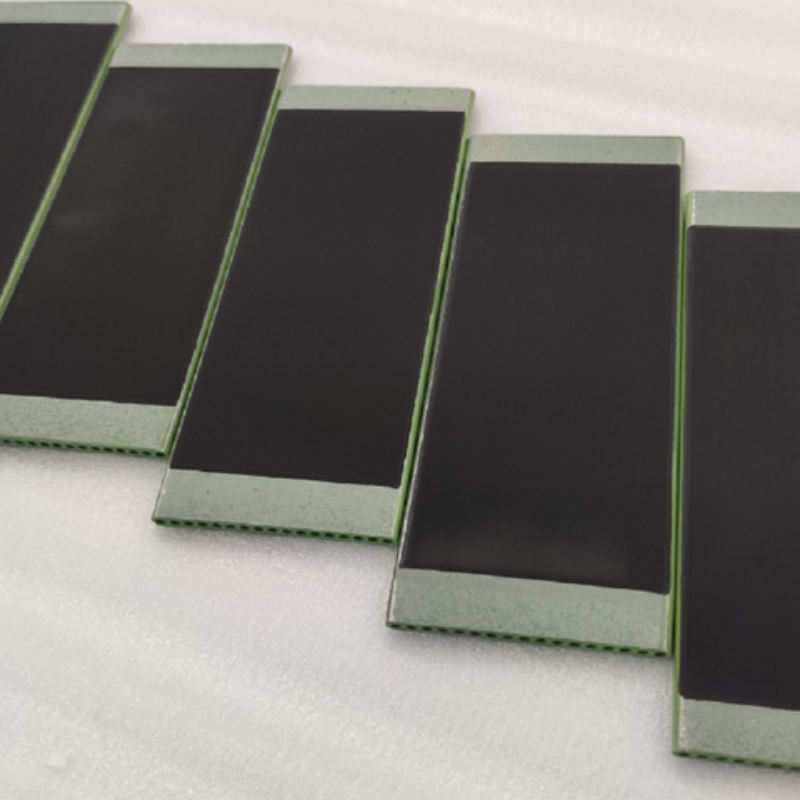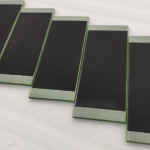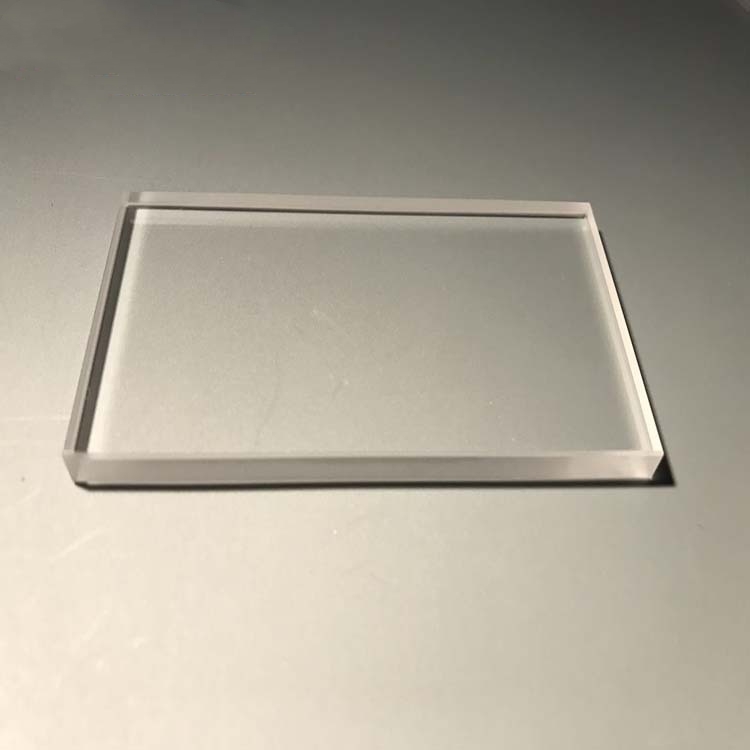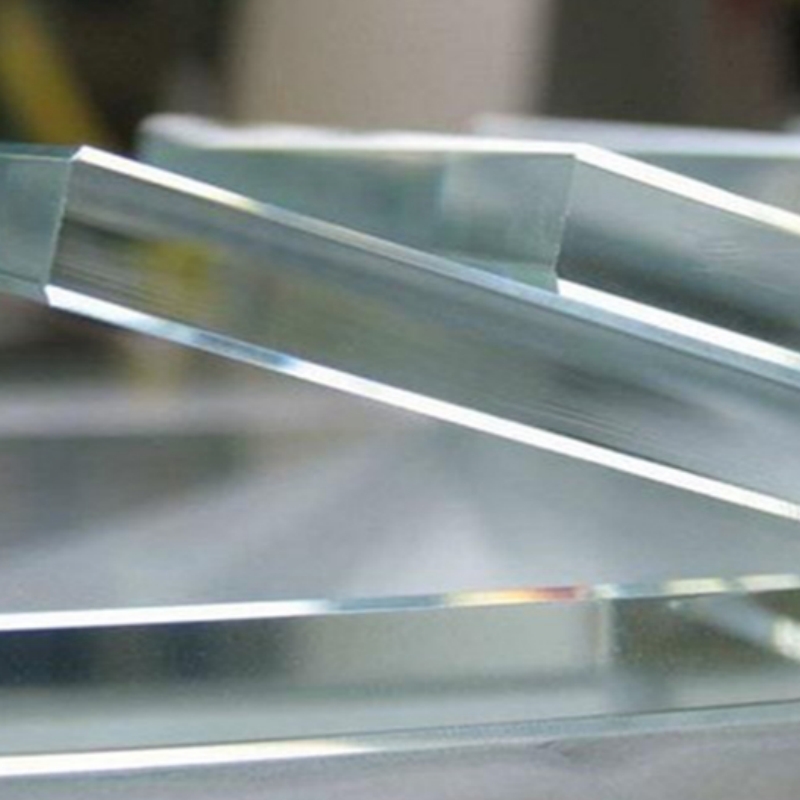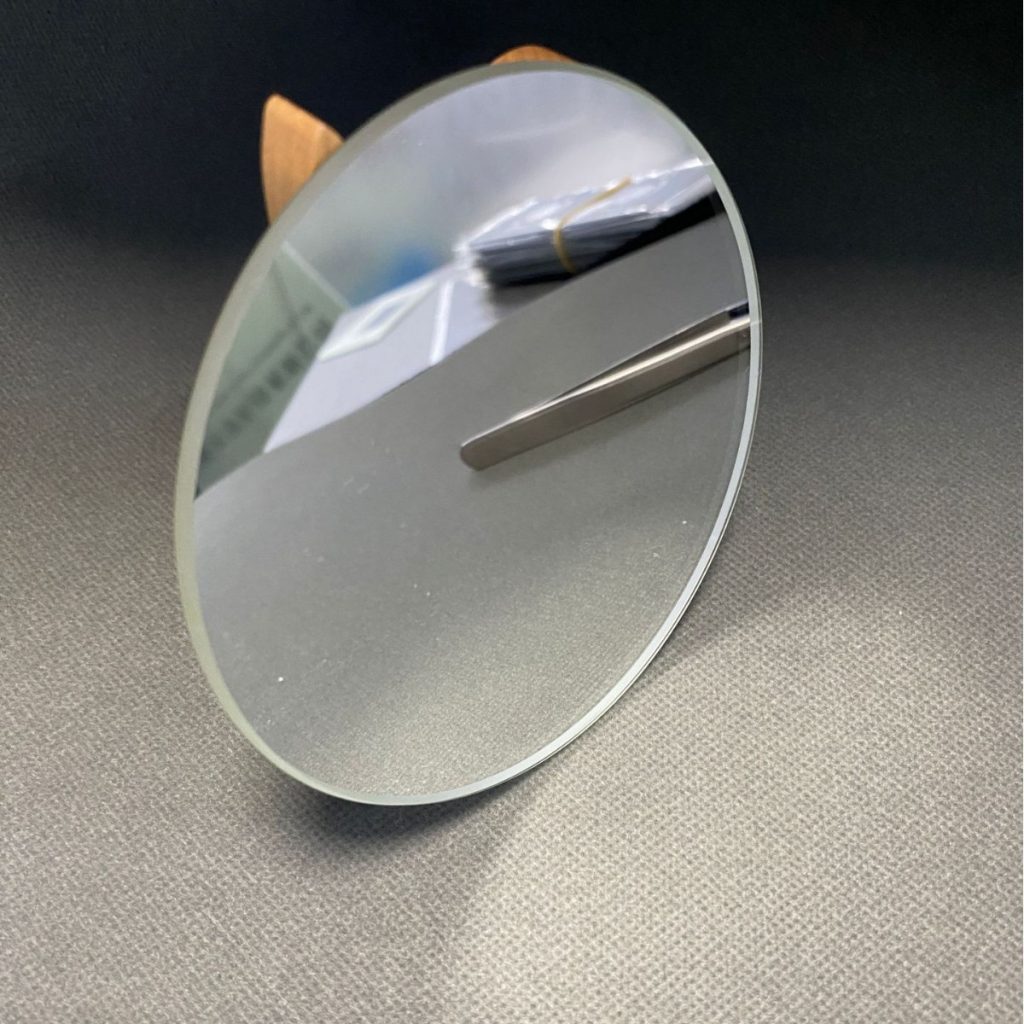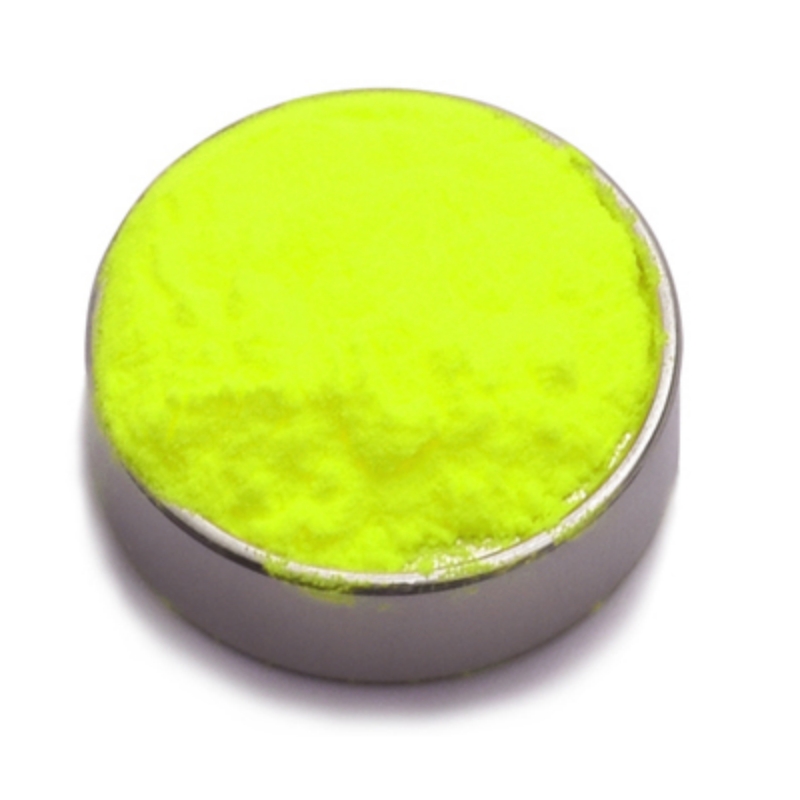Solid oxide fuel cells (SOFCs) provide high-efficiency energy conversion, optimized thermal stability, and superior durability. Designed for clean power generation, they ensure reliable performance, extended lifespan, and efficient electrochemical reaction processes.
Product Overview
Solid Oxide Fuel Cells (SOFC) represent an advanced green energy technology that directly converts the chemical energy of fuels into electrical energy with high efficiency and clean energy characteristics. SOFCs are primarily composed of multi-channel ceramic membranes that are sintered at high temperatures. These membrane materials feature an asymmetric pore structure, enabling efficient energy conversion. Made from inorganic non-metallic materials such as alumina, zirconia, and silicon carbide, SOFCs offer exceptional stability and durability in high-temperature environments.
Features
- High-Efficiency Energy Conversion: Converts chemical energy directly into electrical energy, ensuring a high energy conversion efficiency.
- Environmentally Friendly: The operation produces no pollutants, making it compliant with sustainable energy demands.
- High-Temperature Performance: Manufactured using heat-resistant materials, making them suitable for extreme operating conditions.
- Long Lifespan: The ceramic membranes possess excellent corrosion resistance and stability, ensuring long-term reliable operation.
- Thermal Stability: Designed to maintain outstanding performance in high-temperature environments, making it ideal for various energy applications.
Applications
- Green Energy: Widely used in new energy technologies, particularly in the production and use of clean energy.
- Aerospace: Employed in energy supply systems within aerospace applications.
- Industrial Energy: Applied in power generation systems in industrial sectors, especially in high-temperature, high-efficiency settings.
- Distributed Energy Systems: Used in distributed power generation systems for homes or small commercial facilities, providing stable power output.
 new material
new material

